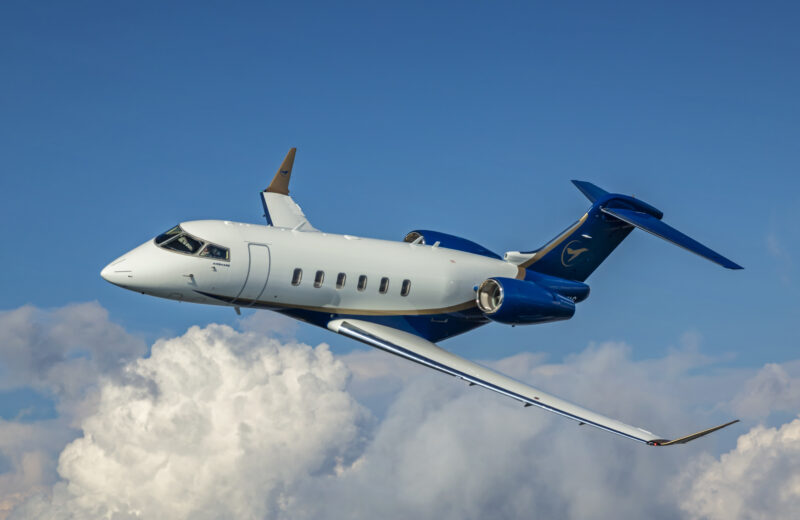Airshare hopes to learn from Wheels Up’s aircraft management lessons

The company is confident of achieving its full-year target of delivering 138 jets during 2023.
Buying an aircraft management company is not easy.
There are lots of examples of business aviation operators that have tried to expand by merging with competitors and regretted it when customers have moved their aircraft away.
Wheels Up learnt this lesson. Airshare, which acquired the Wheels Up aircraft management business this week, is hoping to be the exception.
Wheels Up acquired four significant management companies – TMC Jets (2019), Gama Signature Aviation (2020), Mountain Aviation (2020) and Atlante Air (2022) – before going public. It paid about $70m for Gama Signature Aviation alone. In total it probably valued these at around $170m. It also swapped a 20% share for Delta Private Jets in 2020 (which was probably valued at around $250m).
When Wheels Up listed on the New York Stock Exchange in July 2021, it had a managed fleet of about 160 aircraft. In September it said that it expected to lose another 20 aircraft. This was partly because it only wanted certain owners.
“Charter-friendly managed aircraft are an increasingly important source of supply for us as it allows us to flex up our capacity at pre-negotiated rate,” said Eric Jacobs, then chief financial officer (CFO). One of the problems with having customers who are looking to make money from their aircraft is that they are the most likely to consider an attractive offer for their aircraft and then sell it.
Airshare is taking Wheels Up’s entire managed fleet of up to 90 aircraft now. John Owen, its CEO, is not giving any hints on the amount it is paying, but it is not close to $400m. The privately-owned Airshare is funding the purchase with its own cashflow.
There are three reasons why Wheels Up is selling. First, it was losing money on aircraft management. One source says that it was set to lose $2m this year. Second, the company is focusing on its core businesses, which makes sense when restructuring. It has spent a lot of management time looking at aircraft management. Third, Air Partner, its charter broker, has shown that you do not need to control aircraft to charter them.
Merging operators is always difficult. Wheels Up found integrating the five different operators – each on a different operator’s certificate – much harder than it expected. Staff shortages at the FAA were part of the problem. Owen will not say how many certificates they are acquiring.
“The Wheels Up business is the perfect fit for us, it has a very similar structure to ours and we are keen to add great people to our team,” Owen told Corporate Jet Investor. “We will mesh together the two management teams and have already spoken to as many owners as possible about moving over.”
Although best known for its fractional programme, it has been offering aircraft management and charter since 2008. As well as its fleet of 24 fractional aircraft, Airshare is already managing 34 jets.
Wheels Up was focused on Part 135 aircraft that were available for charter. But Owen says this is different at Airshare. “We are as happy to have [privately operated] Part 91 aircraft as we are P135.”
The sale was arranged for Wheels Up by Jefferies. Kansas firm Foulston Siefkin was legal counsel to Airshare. Kirkland & Ellis represented Wheels Up.
Owen says that although Airshare’s fractional owners often use Airshare-managed aircraft for charter when they want larger aircraft, the fractional business rarely goes outside its own fleet. “This acquisition also spreads our national presence allowing us to grow the business further,” says Owen. “But we are not going to grow too fast. We want to grow intelligently.”
Subscribe to our free newsletter
For more opinions from Corporate Jet Investor, subscribe to our One Minute Week newsletter.








